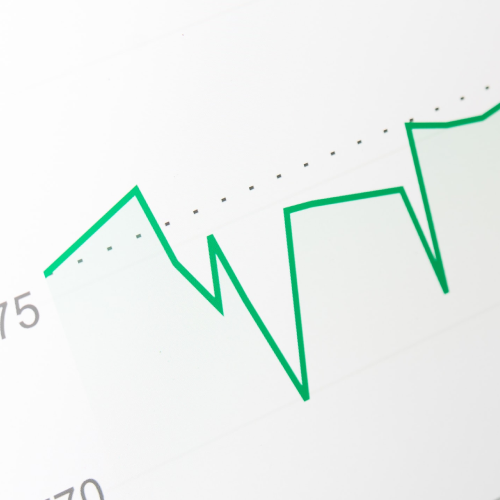The Rapid Evolution of Digital Health and the Changing Role of CIOs

The Rapid Evolution of Digital Health and the Changing Role of CIOs
Mar 15, 2022
Digital transformation initiatives are spreading across industry domains and have proved to be disruptive to existing business operations and processes.

“Technology has been transforming companies for decades, but where in the past it may have been a change to a department or a division, it is now important enough to change their entire business model.” – Brad Strock
Digital transformation initiatives are spreading across industry domains and have proved to be disruptive to existing business operations and processes. In the changing business environment, business leaders have to change the way they work and adopt a range of digital tools and techniques to ensure business success. As the COVID-19 pandemic is disrupting existing healthcare systems, most CIOs are often under pressure to respond with the right business strategies and overcome multiple challenges.
The BCG study on Digital Maturity among the U.S and European companies found that the healthcare industry lagged behind the most in digital maturity with an average score of just 44 out of 100.
How do Healthcare CIOs respond to the challenges posed by rapid technology evolution brought about by digital health services? To understand this market shift in detail, let’s look at what digital health is first.
What is Digital Health?
Simply put, digital health is the way of offering the best healthcare services to patients using the latest digital technologies like Health Information Technology (HIT), telehealth, wearable tech, mobile health (mHealth), telemedicine, personalized medicine, and more. As their names suggest, digital health technologies connect doctors or medical professionals directly to their patients through online channels. Digital health tools offer a range of facilities to patients like improved healthcare and accurate disease diagnosis using underlying technologies like Artificial Intelligence (AI), machine learning, and voice recognition.
On its part, digital health is driving the change in the healthcare sector across multiple use cases including:
- General patient wellness and patient experience
- Disease prevention
- Monitoring of chronic conditions
- Cost of treatment
What makes digital health technologies more appealing is that they can be delivered across various platforms, applications, and medical devices. Despite all the positives of digital health technologies in the healthcare sector, CIOs also need to address a few challenges when it comes to technology adoption.
Next, let us look at the many technology-related challenges facing Healthcare CIOs.
Challenges facing CIOs in Digital Health
Over the last few decades, the role of Healthcare CIOs has transitioned from operations to a more strategic role. For instance, the advent of electronic health records (EHR) requires CIOs to collaborate between operational IT teams and policy decision-making teams. As stated correctly by Andy Rowsell-Jones of Gartner, “CIOs are on the road from digital experimentation to digital scaling.”
As CIOs try to evolve according to changing technology innovations in the healthcare space, here are some of the major challenges that they face
Data privacy and security
As pointed out correctly by Kisha Hortman Hawthorne, CIO at Children’s Hospital of Philadelphia (CHOP), "Healthcare organizations across the country continue to see exponential increases in malicious attempts such as malware and ransomware, data breaches, insider threats, password spraying, phishing and vishing scams, and cloud threats."
Healthcare providers need to connect and engage with patients using innovative products. As they develop more patient-focused products or services, the risk associated with data breaches continues to rise. On their part, CIOs are now responsible for protecting their patient's medical records and other confidential information from external threats.
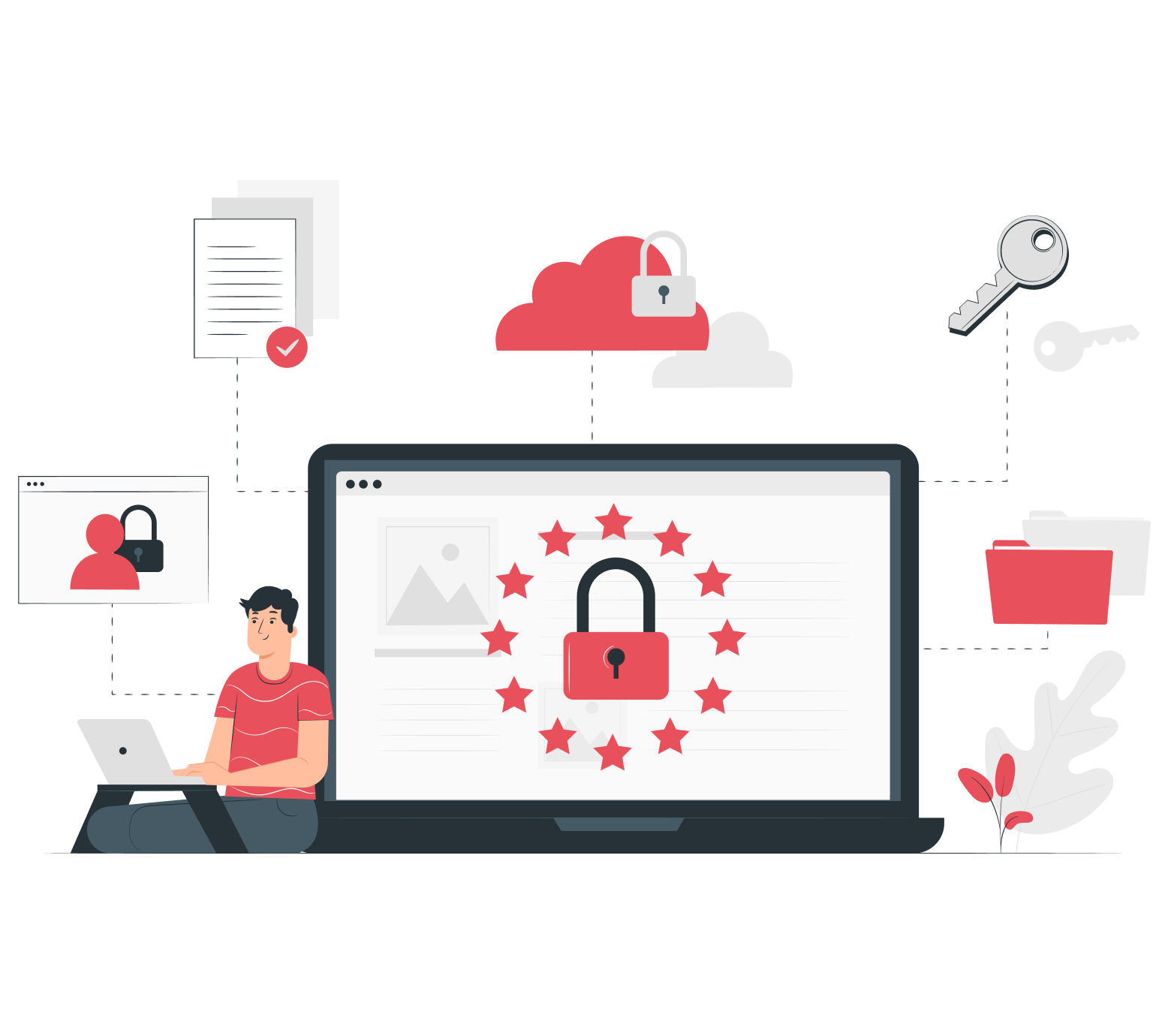
Digitization using Telehealth
It comes as no surprise that the COVID-19 pandemic has accelerated the trend towards technology-enabled remote healthcare or what we know as Telehealth. Besides that, rapid digitization in the healthcare domain means that medical service providers can no longer operate using manual paper-based processes.
With more patients demanding immediate medical attention and assistance, the biggest challenge for CIOs is to establish an optimized telehealth system. CIOs need to address these requirements with easy, intuitive, and clutter-free health systems. Effective digitization is now less about “what technology can do” and more about “how easy it is to use technology tools.”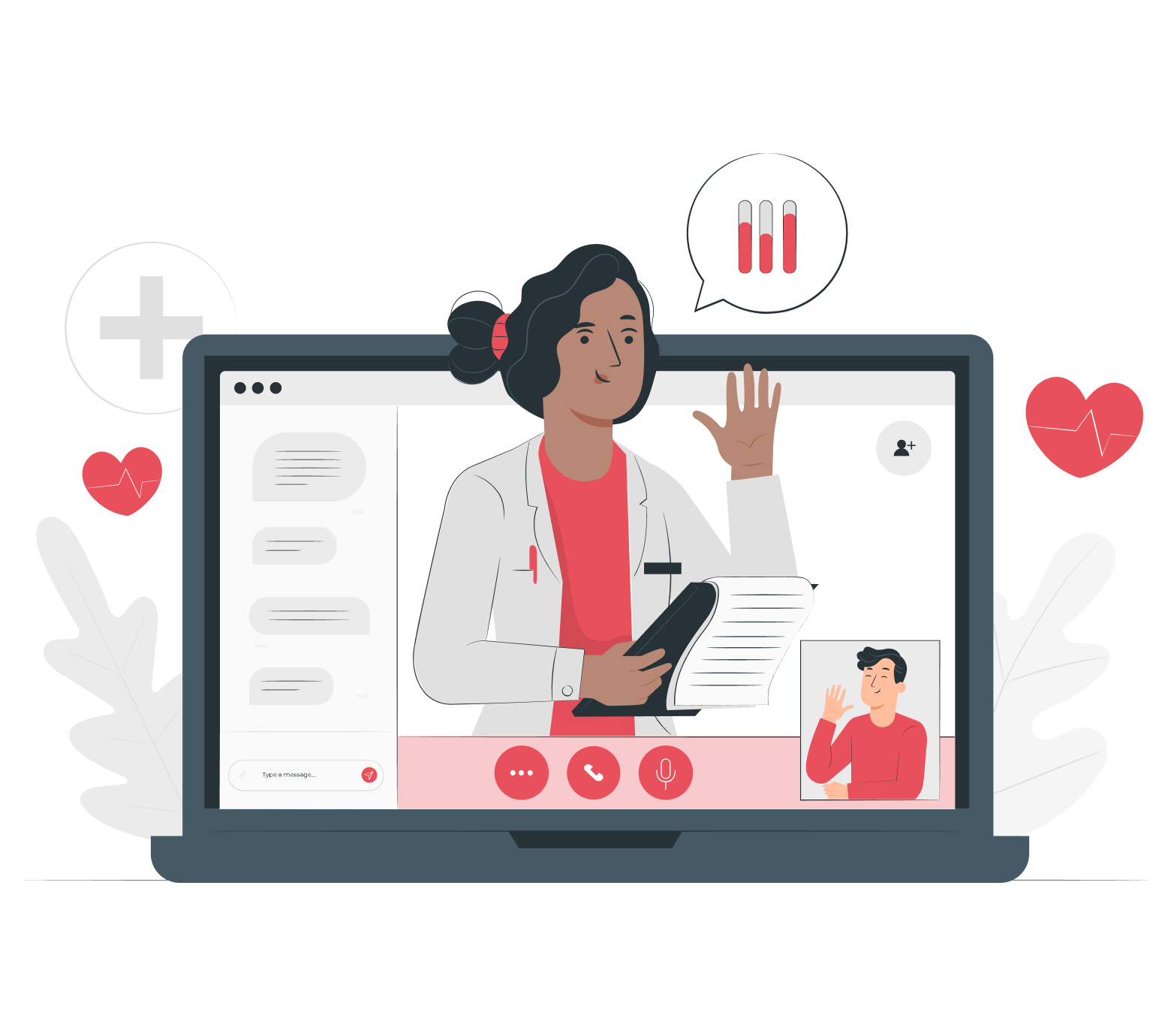
Patient Experience
Chrissy Daniels of Press Ganey agrees that "technology has been the key tool for organizations investing into patient re-engagement."
With increasing competition, a positive patient experience is critical for healthcare organizations to attract and retain their patients. To elevate the patient experience, CIOs need to identify the right resources that are linked to a better patient outcome. Besides telehealth, patients are showing an affinity towards convenience with technology-driven solutions like automated appointment scheduling, remote patient monitoring, and the use of kiosks for collecting patient data.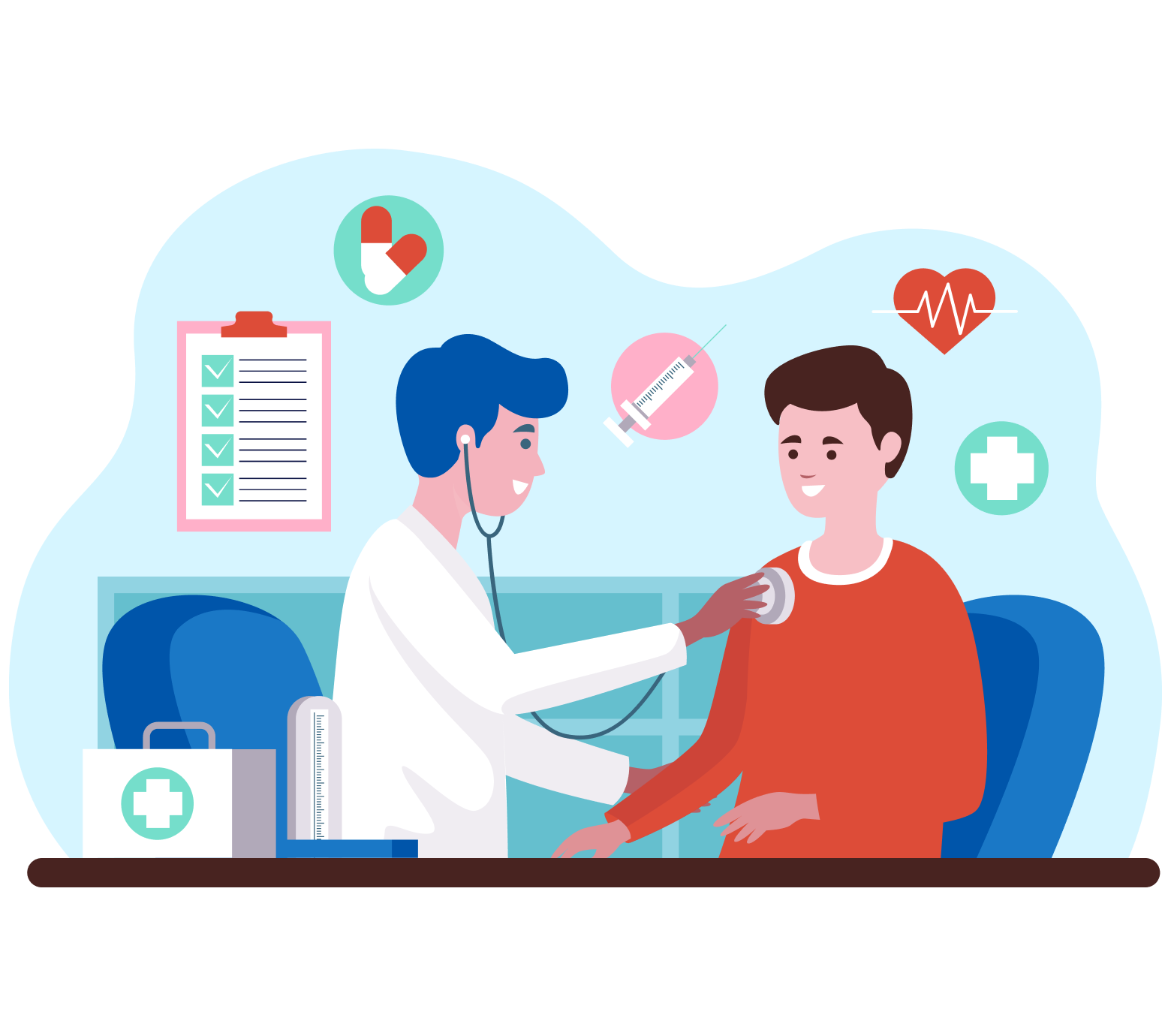
Compliance with Healthcare regulations
Industry regulations like the Healthcare Insurance Portability and Accountability Act (HIPAA) were implemented to create an electronic data exchange that healthcare stakeholders could use for electronic transactions. Ensuring compliance with such regulations creates challenges for CIOs looking to migrate data from traditional “manual” systems to electronic data records.
Besides attracting heavy penalties, non-compliance with industry regulations is also causing major data breaches and security incidents. Healthcare CIOs need to upgrade their technology to provide ample security and accessibility to the right users.
So, how can healthcare CIOs respond to these challenges? Let us discuss this in the following section.
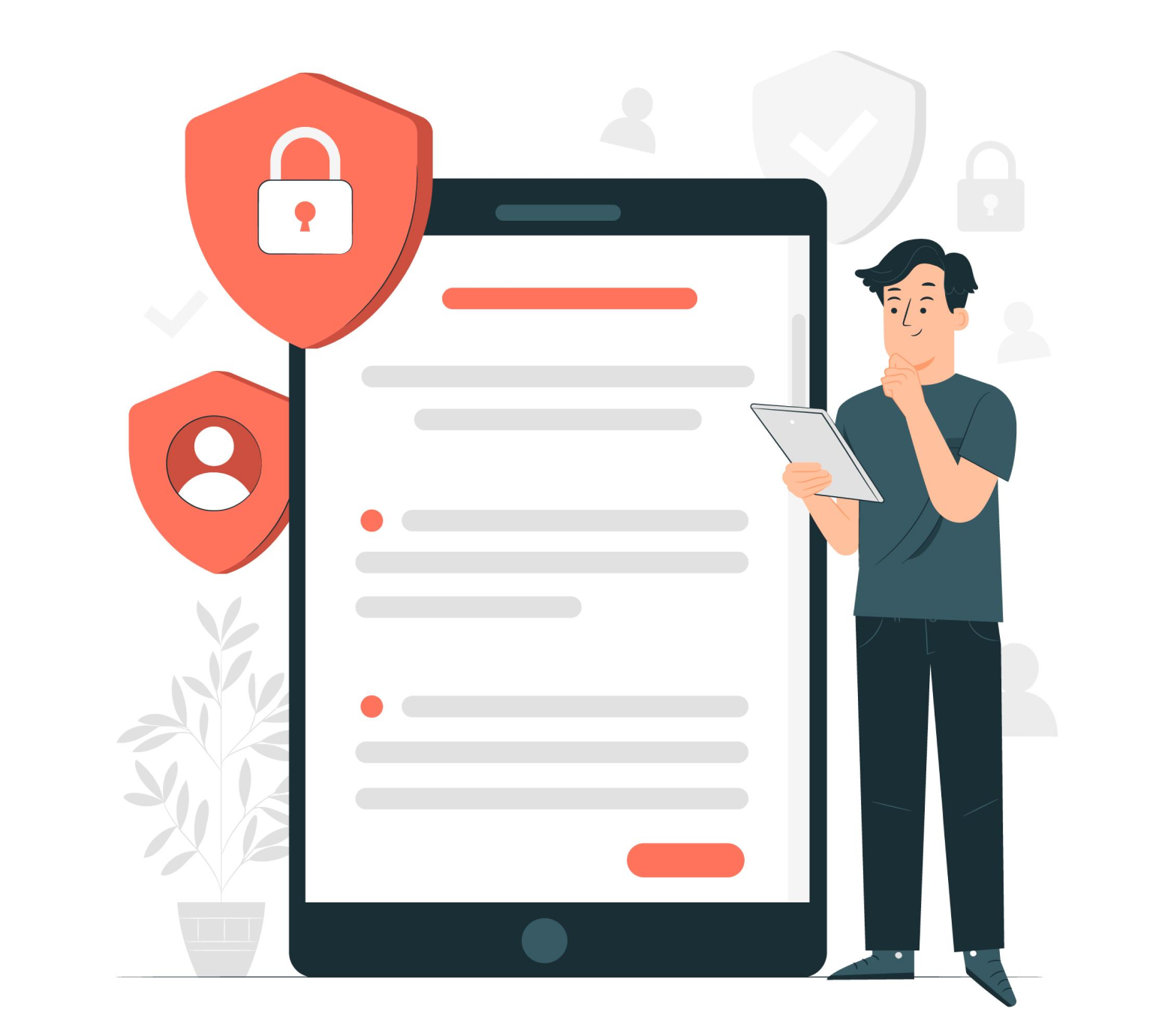
How Healthcare CIOs Can Respond to the Challenges
As CIOs look to transform their journey into digital health, they need to be more disciplined, practical and act quickly in implementing an efficient digital health system. Here's how they can respond to digital health challenges:
- Engage directly with the CEO: Since CIOs are already responsible for leading the digital initiative in the company, they need to be able to directly connect with their CEOs (or be a part of the executive leadership team) for designing the required infrastructure for the digital transformation of their organizations. They also need to ensure that the top executive leaders of the company are fully leveraging their investment into digital technology and architecture.
- Build a digital platform using external partners: To reduce their implementation costs, CIOs must consider installing the right technology stack infrastructure with the technical expertise and experience of external technology partners. With the right technology experts, CIOs can ensure that their digital health system is secure and stable for maximum efficiency. In this regard, CIOs have to focus their efforts on business aspects like differentiating products and service technologies that can give them a competitive advantage in the healthcare domain.
- Translate the business vision into success: Effectively, CIOs determine the roadmap that can predict the outcome of their current digital transformation efforts. With a roadmap, healthcare CIOs can efficiently direct all efforts to translate the business vision into business success. For example, micro-planning initiatives are crucial for driving operational efficiency and ensuring that all operational teams are aligned with the business vision.

Conclusion
The modern digital healthcare environment has presented multiple challenges for CIOs. On their part, CIOs must meet the rapid evolution of digital health technologies effectively with an organized, pragmatic approach. Primary among these, CIOs have to identify the needs of their patients and then address them with the right system backed by technology. Further, CIOs need to facilitate various types of technological services and support using Telehealth, wearable devices, and mobile health platforms. Over the years PopcornApps has provided healthcare companies with holistic, end-to-end digital solutions.










